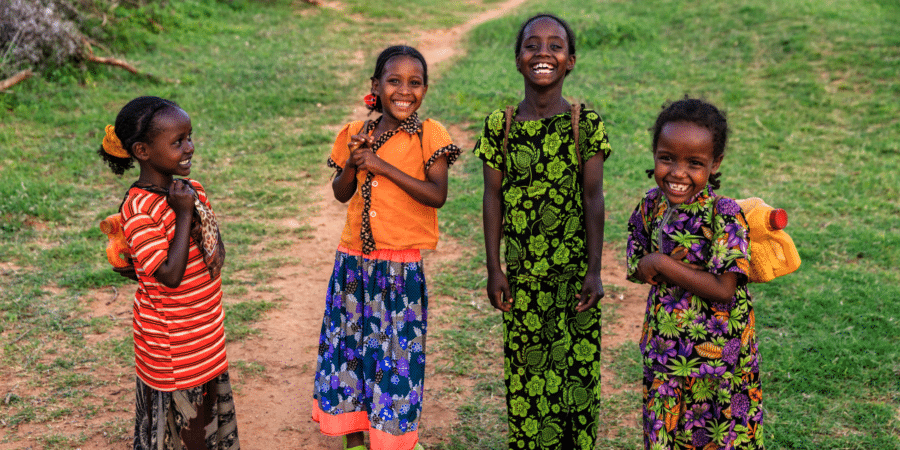Africa, a continent of stunning diversity and untapped potential, is home to a burgeoning population facing complex challenges. Among these challenges, ensuring access to clean water, proper sanitation, and improved health services stands out as a critical foundation for overall well-being. By exploring the interconnectedness of water, sanitation, and health in Africa, we can see how a holistic approach can lead to significant improvements in the lives of millions.
The Water and Sanitation Crisis
Access to clean water is a basic human right, yet in many parts of Africa, millions of people lack this fundamental necessity. Unsafe drinking water and inadequate sanitation facilities are responsible for a significant number of diseases, ranging from cholera and typhoid to diarrhea. According to the World Health Organization (WHO), over 400,000 people in Africa die each year due to preventable waterborne diseases, underscoring the urgent need for action.
Inadequate sanitation infrastructure compounds the water crisis, leading to increased disease transmission and environmental pollution. Open defecation, a widespread practice in many regions, not only poses health risks but also degrades the environment, contaminating water sources and affecting the overall quality of life for communities. It is crucial to understand that the lack of proper sanitation facilities disproportionately affects women, who often face security and privacy issues when there are no designated toilets.
A Holistic Approach
Water, sanitation, and health are intricately connected. Without clean water sources, proper sanitation becomes nearly impossible, and the absence of sanitation facilities leads to contamination of water sources. This cycle perpetuates disease transmission and hinders socioeconomic development, particularly in rural areas. To address these interconnected challenges and enhance well-being in Africa, a holistic approach is necessary.
Here are several key components of such an approach:
1. Improved Access to Clean Water: Initiatives focused on building reliable water sources, such as boreholes, wells, and piped water systems, should be prioritized. These projects not only provide clean drinking water but also reduce the burden of water collection, often placed on women and children.
2. Sanitation Infrastructure: Developing proper sanitation facilities, including the construction of toilets and the implementation of safe waste disposal systems, is essential. Promoting hygiene education within communities is equally important to ensure the facilities are used correctly.
3. Healthcare Services: Strengthening healthcare systems is vital for preventing and treating waterborne diseases. Access to quality healthcare, especially in rural areas, can significantly reduce mortality rates and improve overall health.
4. Education and Awareness: Educating communities about the links between water, sanitation, and health is key to behavior change. This includes teaching the importance of handwashing, safe food handling, and the proper use of sanitation facilities.
5. Community Participation: Involve local communities in the planning, implementation, and maintenance of water and sanitation projects. Their ownership and active participation are essential for the long-term success of these initiatives.
6. Government and International Support: Governments, both at the national and local levels, need to prioritize and invest in water, sanitation, and health infrastructure. International organizations and NGOs play a significant role in providing financial and technical support.
The Road Ahead
A holistic approach to improving wellbeing in Africa, focusing on water, sanitation, and health, can transform lives and set the stage for sustainable development. By addressing these interconnected challenges, we can reduce the burden of waterborne diseases, alleviate poverty, and create a healthier and more prosperous future for millions of people.
As individuals, we can support these efforts through donations to reputable organizations working in the field, raising awareness about the issue, and advocating for governments to make it a priority. In unity, we can contribute to a brighter future for Africa, where the right to clean water, proper sanitation, and good health is accessible to all.

